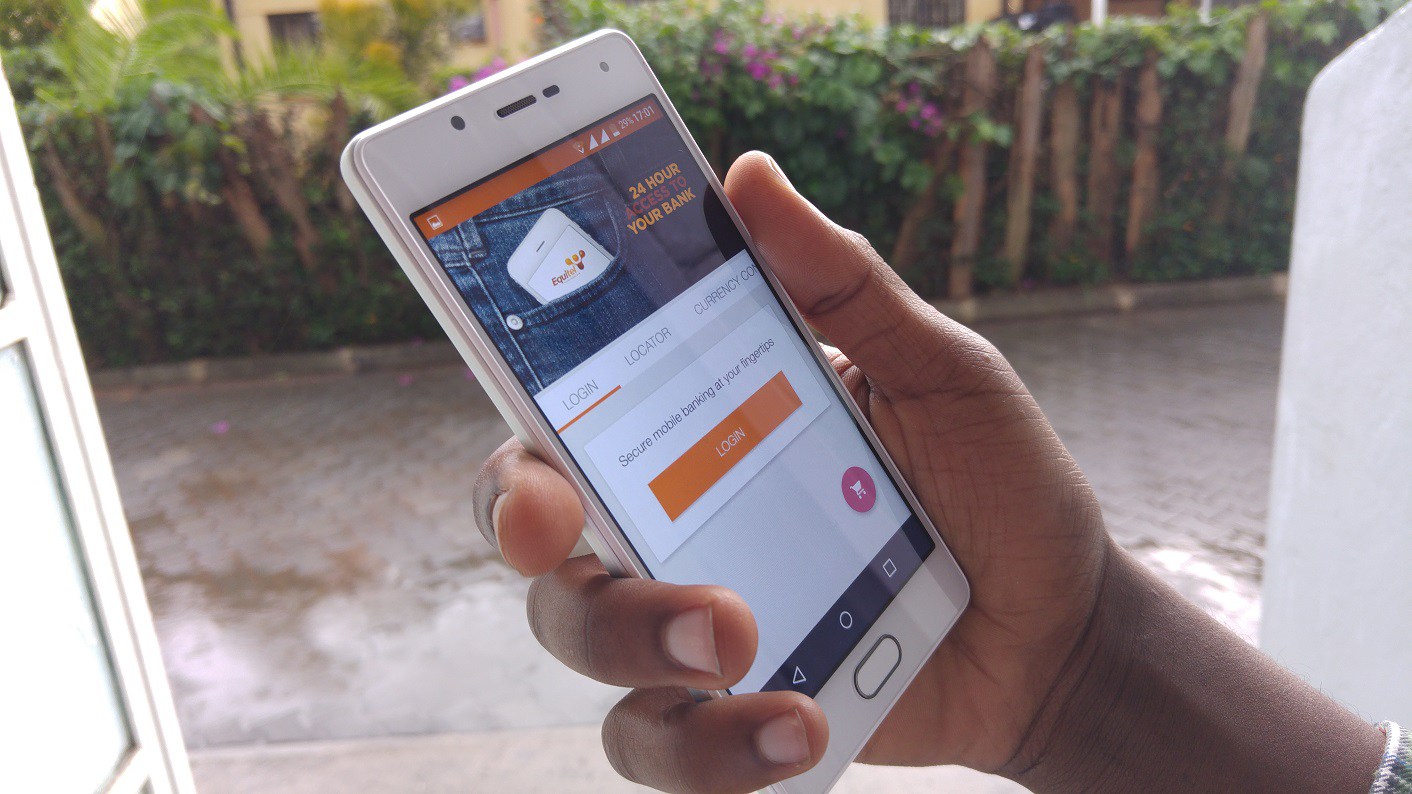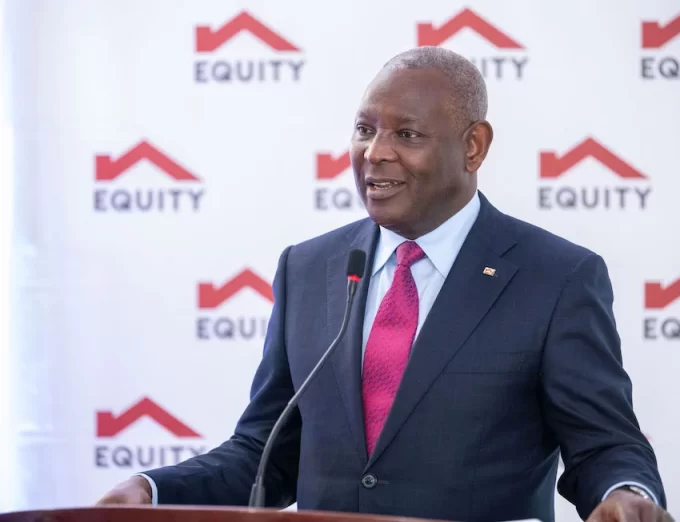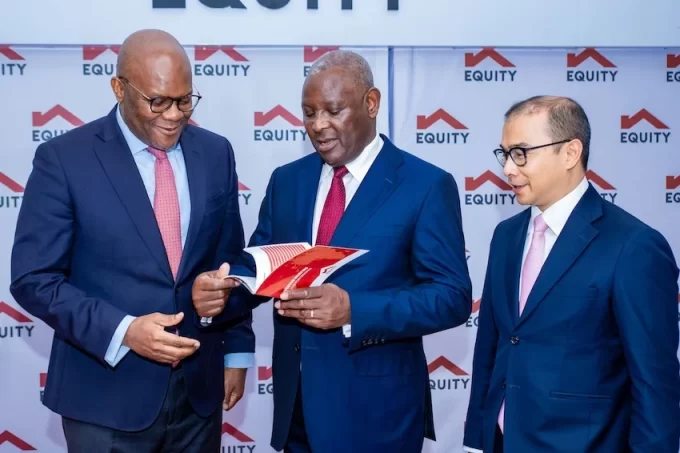Equitel’s loan products have emerged as the most common source of formal credit amongst Kenya’s refugee communities. According to a recent report by the International Finance Corporation (IFC) dubbed Kakuma as a Marketplace, Equitel’s EazzyLoans are the preferred source of formal credit by refugees living in the Kakuma refugee camp and the surrounding areas.
“Refugees and the host community are offered credit through Equitel, a mobile SIM-based platform. Equity Bank also offers credit to refugees in partnership with NGOs, which select beneficiaries, disburse funds, and manage the loan on behalf of Equity Bank,” says the report.
The report further stated that loans are commonly used to buy food, pay for fees, open businesses and stock up on supplies by the refugee community.
Equity Bank, the only bank that has a branch in the Kakuma camp, expects to also generate more opportunities from the development of the Kalobeyei refugee settlement. The Economic Survey 2018 found that Kenya had 488,415 refugees as at the end of 2017, a 1.3% drop from 494,863 refugees registered in 2016. Currently, Equity Bank has 60,000 accounts in the Kakuma region.
Equitel is further enhancing convenience through the interoperability feature that allows customers to send and receive money from any mobile money wallet or any account in other banks.
Equitel and other digital banking platforms continued to increase contribution to Equity’s non-funded income, with 96% of all banking transactions happening outside of bank branches.
Equity Group reported a 14% growth in Profit after Tax for the year ended December 2017 to Ksh 18.9 billion up from Ksh 16.6 billion in 2016 while releasing its full year results late March.
Among the study’s key findings: household spending in the 25-year-old camp and the neighboring town totals at least Ksh 6 billion ($56 million) —half of which is spent on consumer goods such as food and personal-care items. The camp, home to 180,000 refugees as of March 2018, also has a vibrant, informal private sector including more than 2,000 shops run by refugees and local Kenyans. Nearly seven out of 10 residents own a cell phone, making it a potentially attractive market for mobile banking.
Although many refugees in the camp still rely primarily on humanitarian aid, the study says that attracting new private investors could provide long term solutions for refugees by supporting local businesses and thus increasing work opportunities. Engagement of the private sector could further expand the prospects for providing sustainable improved services in the areas of healthcare, energy, education. also reduce prices, provide more choices and strengthen self-reliance among refugees.
“Conflict, violence, and persecution are driving more people from their homes than at any time since World War Two,” said IFC Chief Executive Officer Philippe Le Houérou. “Government aid to tackle the challenge is limited. Private sector investment could make an important difference—by creating jobs and opportunities for refugees. But investors often lack the critical information they need to venture into these markets. This study is a key first step to boost private investment into an untapped market.”
“Too often refugee camps are associated with aid dependency. This ground-breaking IFC study reveals Kakuma’s vibrant economic and commercial life offering opportunities for both refugees and local communities. I am confident that this cooperation with IFC will stimulate additional private sector interest,” said Filippo Grandi, United Nations High Commissioner for Refugees.
The IFC study examined the Kakuma refugee camp and town through the lens of a private sector firm looking to enter a new market. Researchers surveyed 1,400 refugee and host-community households to collect data on consumption levels, consumer preferences, financial literacy, access to finance, telecommunications, and business ownership.
READ: BOB COLLYMORE SPEAKS ON RETURN TO SAFARICOM
The study argues that private investment could be stimulated by introducing new models of financing—including co-financing that uses matching funds to enable a combination of interest-free loans and grants to benefit both refugees and local host communities.
The study received funding and support from Ireland, the Netherlands and Norway, through IFC’s Conflict-Affected Situations in Africa Initiative.













Leave a comment